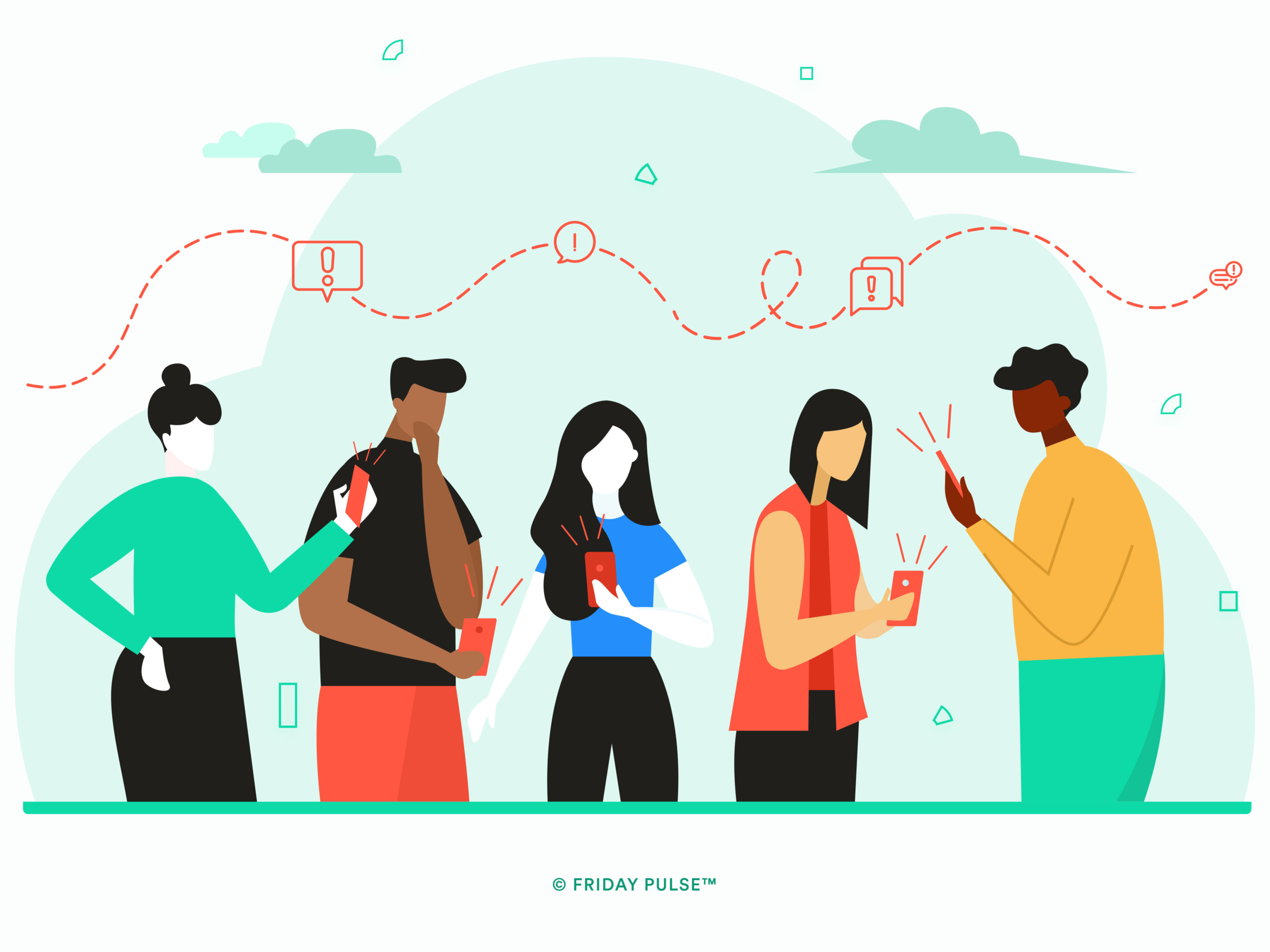The beginning of the pandemic in March 2020 was genuinely scary.
According to the Office of National Statistics (ONS), nearly half of UK
adults experienced high levels of anxiety — more than double the normal
rate. But, as lockdowns progressed, we adapted to ‘the new normal’ and
our collective behaviour changed.
We have since learned to live with restrictions, and we are learning to
live with the continued arrival of new threats and disruptions. But, for
as much as we’ve learned, all our questions and doubts still abound.
What risks am I taking when I go out? Will I catch COVID even though
I’m fully vaccinated? Or, more annoyingly, will I get a ‘ping’ from the
NHS app?
We want to make plans. We want to move on. Yet, uncertainty makes this
hard. Unknowns are psychologically disturbing. They disrupt our inner
calm and equilibrium, and they make us feel threatened.
In recent weeks, thousands of people across the UK have been “pinged” by
the NHS and notified of their need to self-isolate. While traditionally
our homes are a place of refuge, after a year of living in isolation,
the thought of returning to our caves is a grim one. But, that’s the
reality of the ‘pingdemic’.
Many businesses, already struggling with a sluggish economy, are losing
life-sustaining revenue as people isolate. Serious staff shortages from isolation have made
it difficult for shoppers to pick up needed supplies. And, while there is a small
element of fear, there’s also an intense feeling of exasperation and
annoyance.
All of this has made for a frustrating scenario that has, once again,
raised anxiety levels. We’ve known for a long time that frustration is
an easy way to kill creativity, and with the end of the pandemic feeling so
close yet so far, many feel trapped by uncertainty.
So, what can you do to help your team through this time of continued
disruption?
Give clear advice which is transparent and fair
As in all times of uncertainty, communicate clearly. Rather than false
confidence, be honest and open. Honesty from leadership is calming, and
calmer employees are not only happier but also more productive. It’s as
close to a win-win you’ll get in these uncertain times.
Fall back on friendships
In a recent Forbes article, our CEO and Founder, Nic Marks commented, “The quality of
workplace relationships not only affects our experience of work – work
is indisputably better when we get along with people – it’s also
business critical.”
This is true, especially during difficult times. All of us appreciate
having good friends in our lives and when we fall back on
friendships, we share
the emotional burden and mental load. People help friends in a way they
don’t help acquaintances. The connections we have with our friends, can
help us move on from frustrating situations.
Listen and be flexible in your approach
It’s incredibly important to listen to your people and adopt a flexible
approach to work. It’s been a long 18 months. People are looking forward
to getting away or going on holiday. Yet, in light of current
circumstances, they don’t want to run the risk of getting ‘pinged’. If
that means they would prefer to not come into the office, respect that.
If you’re trying to determine the best approach for your team,
consider first gauging their comfort level. Asking people if they want to return to a
physical workplace before they’ve actually tried returning is an
inherently flawed approach. So, after they’ve had the experience, poll
them on how they feel. This approach will ensure you get an accurate
insight to how your team are faring and where, collectively, their
comfort level is.
How Friday Pulse can help
In times of uncertainty, our people platform tracks weekly happiness
scores so you can know in real-time how your team is doing. Friday Pulse
supports teams to have better conversations, helps them get to know each
other better, build on what’s going well, and unearth future
challenges. Reach out to us for more information on how we can help you and your
organization today.



